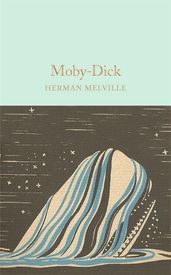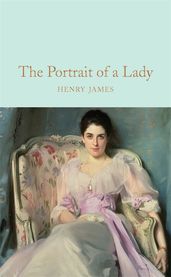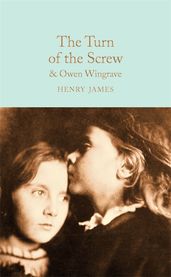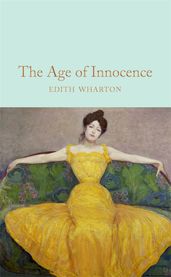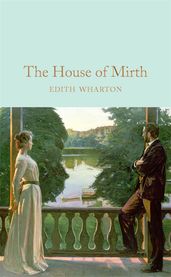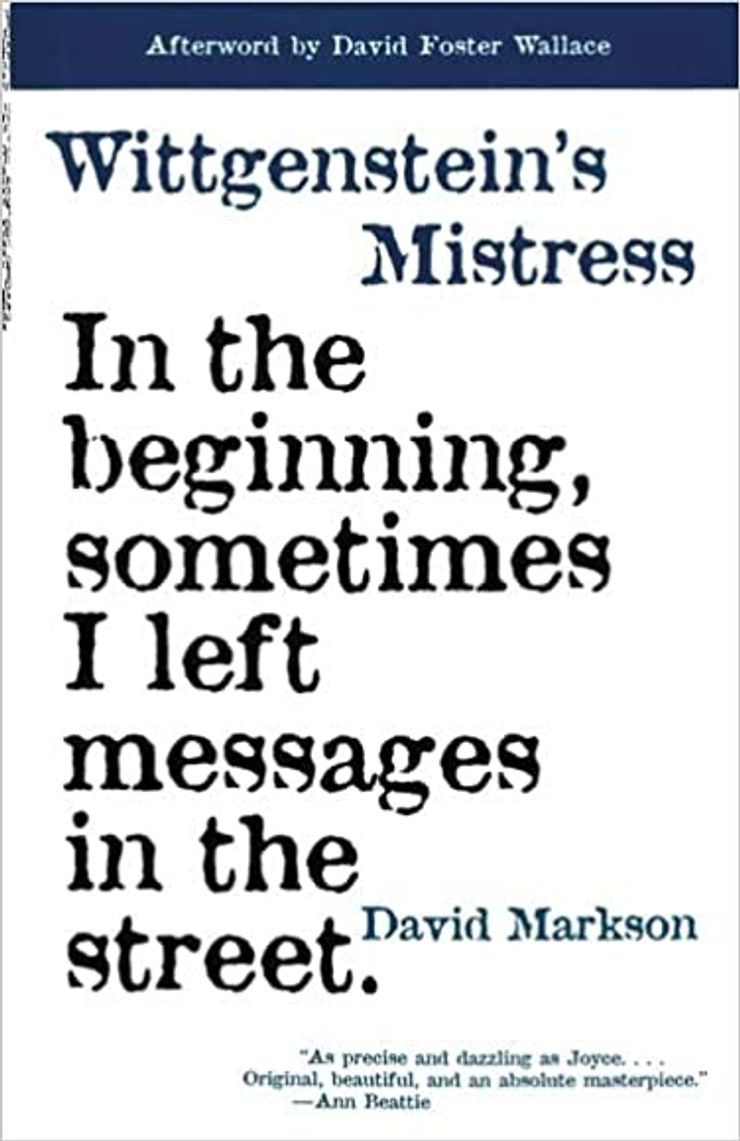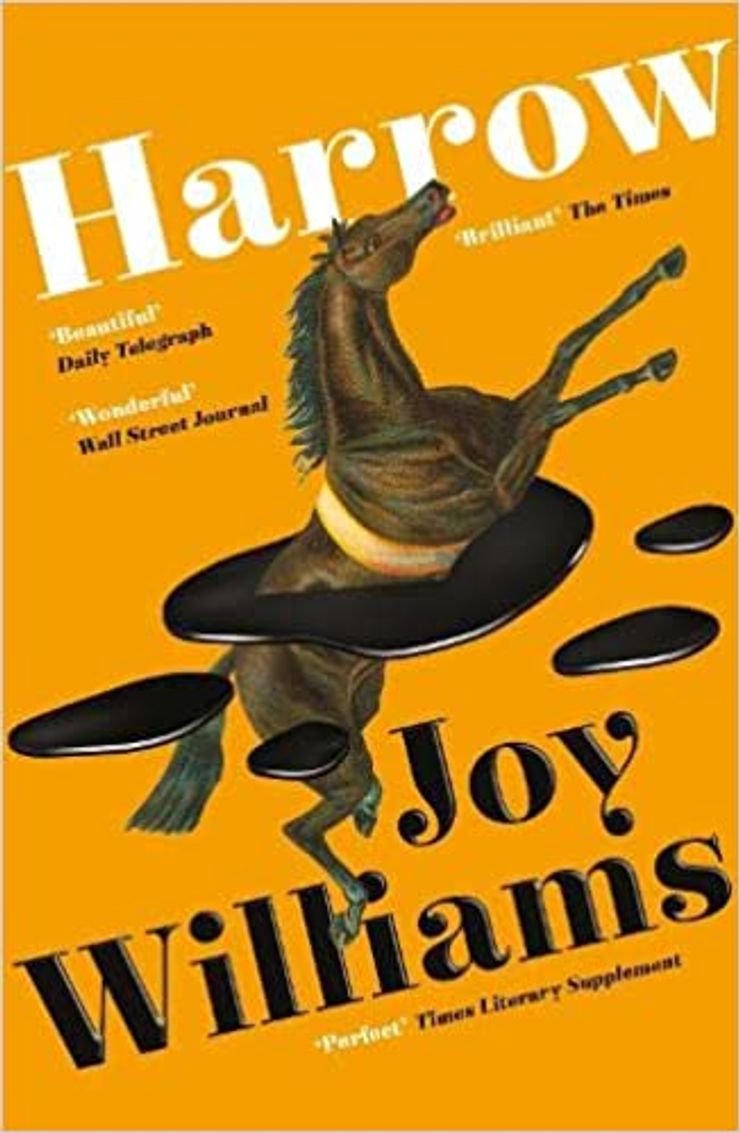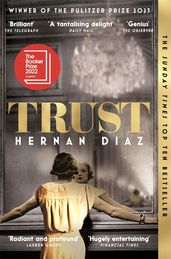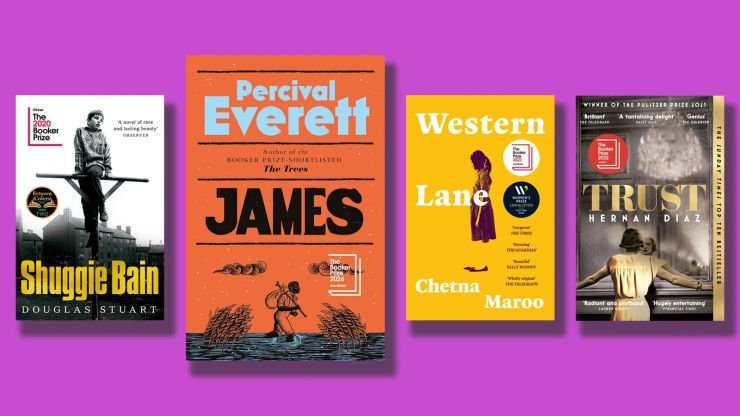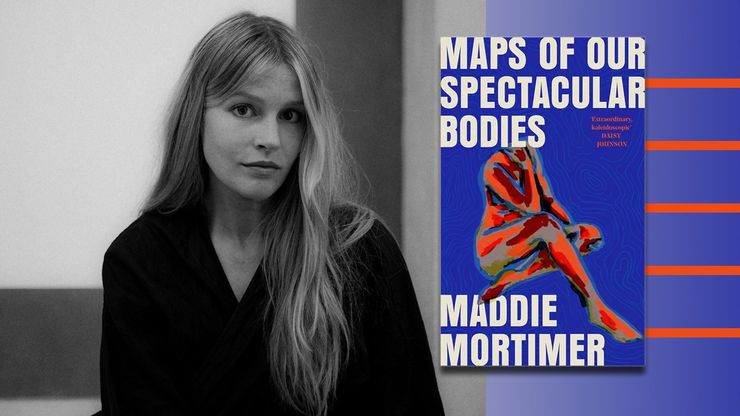Hernan Diaz on his favourite American classics
The Pulitzer-winning and Booker-longlisted author on his favourite books by American writers.

“With only his second novel, Diaz has become an ambitious and significant voice.” The Guardian
When your first two novels – one, a moving, deliberately strange reinvention of the western, the second an enthralling jump into metafiction via 1920s New York – are, respectively, a finalist for the 2018 Pulitzer and the winner of the 2023 Pulitzer and longlisted for the Booker, then you can probably start considering yourself the real literary deal. Step forward, Hernan Diaz.
Great writers are, more often than not, great readers, so which books and authors make the Trust creator's list of classic must-reads?
While there is no single definition of what makes a classic novel, there is perhaps a single characteristic that indicates that a book has become one: it persists in thought and discussion long after its original publication. There can be a certain self-fulfilling element to this – to tell everyone that a book is likely to become a classic can perhaps make it more likely to become one.
Circularity, self-referentiality and the idea that if you say something often and loudly enough, you can make it so, are at the heart of Hernan Diaz’s Trust – which is itself being mooted as a future American classic. An examination of truth, fiction, money and the manipulation of all three, Trust’s four narratives, although presented consecutively, are in constant conversation, increasing our understanding and knocking each other askew.
Of course, books don’t become classics just because people say they will. There has to be heart behind the hype; substance behind the self-styling. Hernan Diaz, author of Trust, talks us through his favourite American classics and why he loves them.
‘This is such a profoundly odd book. It’s a novel desperately trying to come to terms with what being a novel means and I think that’s why it’s so obsessed with taxonomies and classifications. And the prose is just so sublime.’
— On Moby-Dick by Herman Melville
Moby-Dick
by Herman Melville
Hernan Diaz is far from alone in regarding Herman Melville’s creation an American classic, although initial responses were muted and it took a good hundred years for it to cement its status in the American canon. Narrated by sailor Ishmael, it’s the story of his Captain’s obsessive hunt for the mythic White Whale (who made off with half the man's leg at a previous encounter). An intense, haunting epic.
‘I think about him all the time when I write – his syntax, his pacing.’
— On Henry James
The Portrait of a Lady
by Henry James
A tale of a young American woman ‘affronting her destiny’, The Portrait of a Lady is an exploration of freedom, a reflection on the differences between the ‘old’ and ‘new’ worlds, and also features a fair bit of Machiavellian scheming. The reader travels with the intelligent, beautiful Isabel Archer from Albany, New York, to England and Italy as she tries to maintain her independence and defy convention, with the novel’s famously ambiguous ending leaving you to decide whether or not she manages it.
The Turn of the Screw
by Henry James
For those with a penchant for the other-worldly, The Turn of the Screw is a classic of Gothic horror writing. A young governess is employed to look after two orphaned siblings in a grand country house. Isolated and inexperienced, she is at first charmed by the children, but gradually suspects that they may not be as innocent as they seem. The framing of the tale (it's introduced to us by an unnamed narrator at several removes from the events themselves, who then fails to reappear at the end of the story) only adds to its eerie ghostliness.
‘She is a colossal, looming, loving presence in my life. I think I’ve read almost everything she’s written.’
— On Edith Wharton
The Age of Innocence
by Edith Wharton
If you haven’t read Wharton before, the Pulitzer-Prize winning The Age of Innocence is a good place to start. Set in the 1870s, a world so different from the time Wharton wrote the novel in the 1920s, it’s hard to imagine was only 50 years before, it's witty, heart-breaking, romantic and alive with Gilded Age New York. It's also interesting in its depiction of how the bonds of society, privilege and duty affect its male protagonist, Newland Archer, as much as the female characters.
The House of Mirth
by Edith Wharton
Written earlier, but set later, the story of Lily Bart is a darker, bleaker read. With little money, Lily is losing her standing amongst the upper-class families of New York and at twenty-nine, her opportunities for marriage are dwindling. The novel follows her slow fall from privilege to marginalisation as her situation becomes increasingly precarious.
‘More on the contemporary side, David Markson is a very important writer to me, one that I keep going back to, in these last years probably more than anyone else.’
— On David Markson
Wittgenstein's Mistress
by David Markson
Described by American writer David Foster Wallace as "pretty much the high point of experimental fiction in this country", Wittgenstein's Mistress is the story of a woman who is convinced and, astonishingly, will ultimately convince you, that she is the only person left on earth.
‘Even closer to the present, Joy Williams is tremendously important to me – we should all be talking about Joy Williams all the time! Harrow, her latest book, is a masterpiece – devastating, sad and also funny and Dickensian in its sentences and its surprises.’
— On Harrow by Joy Williams
Harrow
by Joy Williams
Join teenager Khristen on a journey into an uncertain landscape devastated by environmental apocalypse, a world in which only the man-made has value, but where some still wish to salvage the authentic. In a rotting honeycomb of rooms, she meets a group plotting to punish corporations and people they consider culpable in the destruction of the final scraps of nature's beauty.
Read Hernan Diaz's Pulitzer Prize-winner
Trust
by Hernan Diaz
A Wall Street tycoon takes a young woman as his wife. Together they rise to the top in an age of excess and speculation. But now a novelist is threatening to reveal the secrets behind their marriage, and this wealthy man’s story – of greed, love and betrayal – is about to slip from his grasp. Composed of four competing versions of this deliciously deceptive tale, Trust by Hernan Diaz brings us on a quest for truth while confronting the lies that often live buried in the human heart.
Author image credit: Pascal Perich
